- Home›
- Healthy Living›
- 10 Vitamin B2 Rich Foods To Add In Your Diet
10 Vitamin B2 Rich Foods To Add In Your Diet
By: Priyanka Maheshwari Thu, 19 Oct 2023 6:08:13
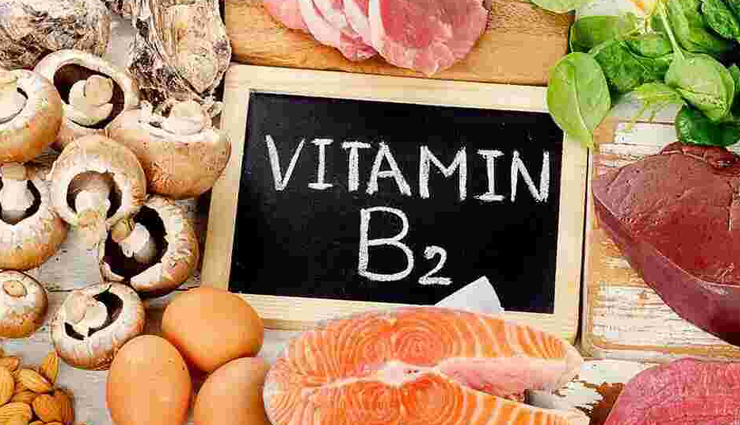
Many are aware of the importance of vitamins and minerals for maintaining our health, yet few understand the roles these essential nutrients play in our bodies. Often, we're content to simply take a pill and hope for the best. However, knowledge empowers us to make positive changes in our lives and prioritize our well-being.
Vitamin B2, commonly known as Riboflavin, is a crucial nutrient with a wide range of functions in the human body. It not only supports cellular energy production but also plays a role in red blood cell formation and nutrient processing within the cardiovascular system. When your body lacks vitamin B2, you may experience symptoms such as mouth ulcers, a sore throat, mouth inflammation, and even iron-deficient anemia.
The Recommended Dietary Allowance (RDA) for Riboflavin is 1.3 mg per day for adult males and 1.1 mg per day for adult females.
While numerous nutritional supplements are available to help you meet your daily vitamin B2 needs, there are also many natural foods surprisingly rich in this essential nutrient.
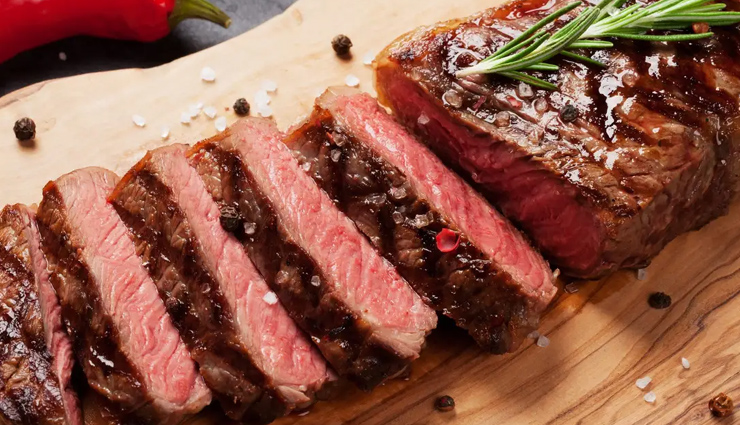
# Meat
Various types of meat, including red meat, beef, and lamb, are excellent sources of this vitamin. Meat and meat products provide approximately 12% of the Recommended Dietary Allowance (RDA) for vitamin B2. Consider incorporating kidneys and livers into your diet to meet your riboflavin requirements.
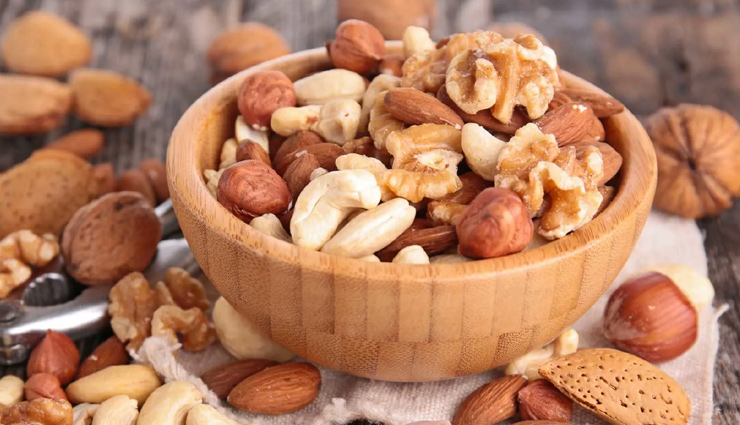
# Nuts
Almonds are a noteworthy source of vitamin B2, with 28 grams of these healthy nuts offering 0.28 mg of Riboflavin, equivalent to about 17% of the RDA. Consuming an ounce of cashews, pine nuts, or pistachios fulfills 4% of the RDA for riboflavin.
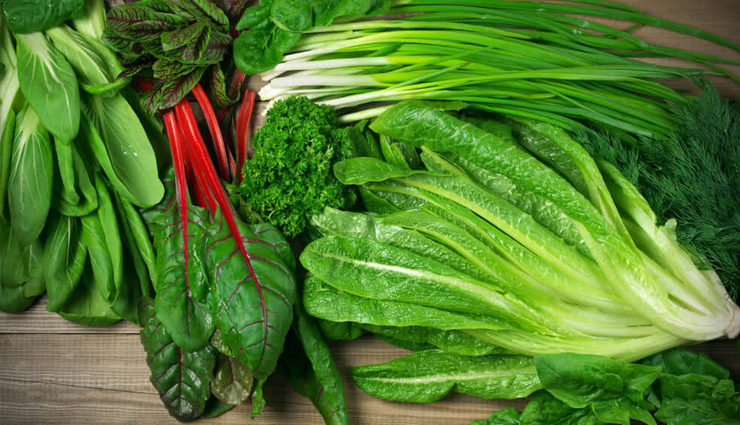
# Green Leafy Vegetables
Green leafy vegetables such as spinach, fenugreek leaves, asparagus, drumstick leaves, and beet greens are exceptional sources of vitamin B2. Half a cup of spinach provides 0.21 mg of riboflavin, while beet greens supply 24% of the RDA requirement.
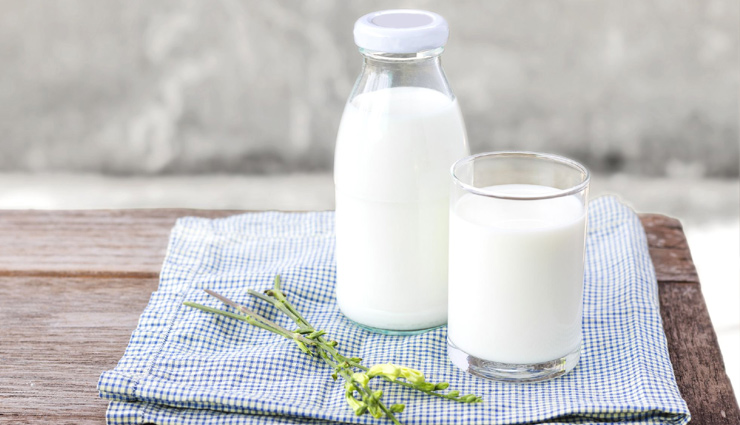
# Milk
Milk not only supports bone health by providing calcium but is also a valuable source of vitamin B2. A 100 ml serving of milk delivers 0.18 mg of vitamin B2, meeting approximately 10.5% of the daily requirement for this essential vitamin.
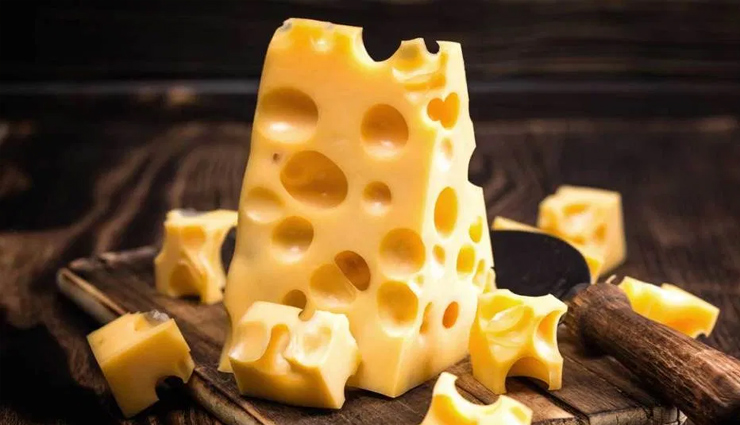
# Cheese
Cheese is a delightful and nutritious way to replenish your body's vitamin B2 levels. 100 grams of cheese provide around 1.38 mg of Riboflavin, sufficient to cover 81% of your daily vitamin B2 needs.
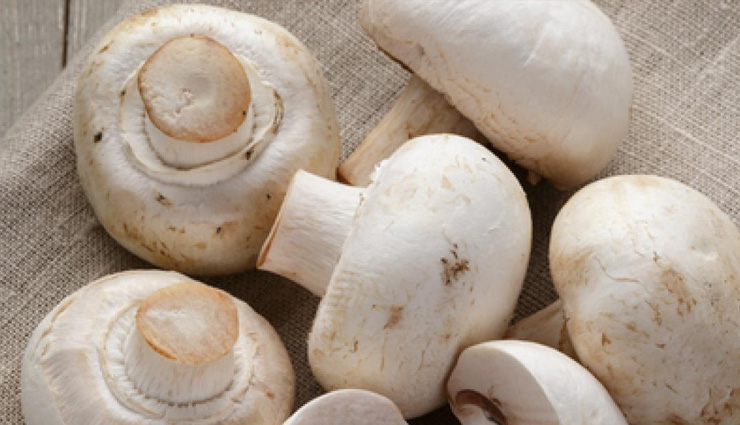
# Mushrooms
Consuming mushrooms enhances your body's vitamin B2 reserves. 100 grams of mushrooms contribute about 0.49 mg of vitamin B2, fulfilling 29% of the daily requirement.
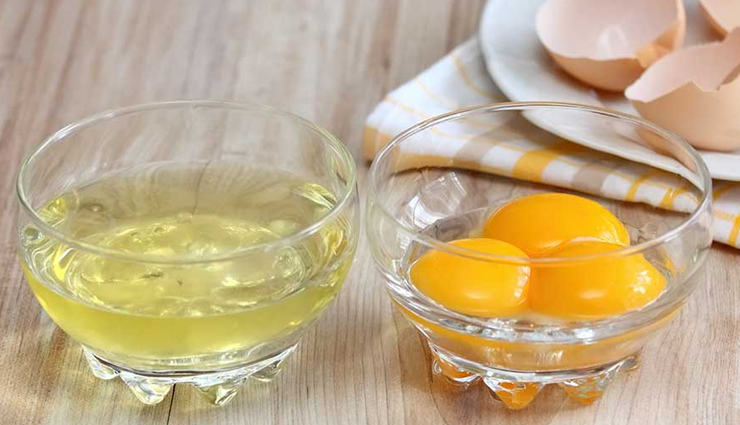
# Eggs
Whether scrambled, boiled, or prepared in various culinary forms, eggs are not only a rich source of protein but also contain abundant vitamin B2. You can obtain 0.51 milligrams of riboflavin from 100 grams of eggs, meeting 30% of the RDA requirement.
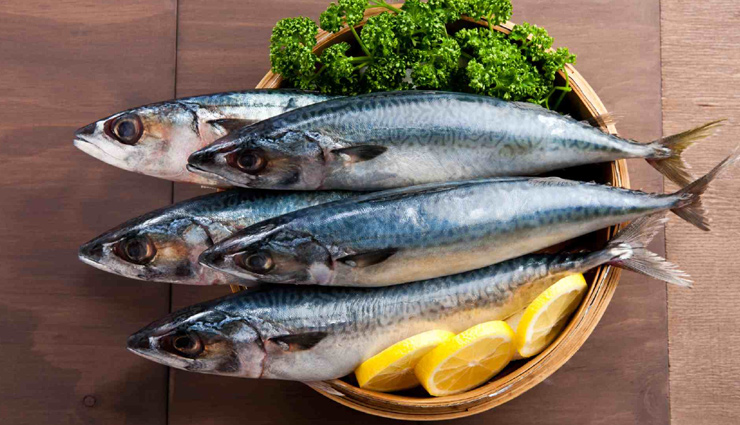
# Fish
Oily fish such as Mackerel, Rohu, Surmai, and Katla are abundant sources of vitamin B2. For instance, 85 grams of Mackerel provide about 0.49 mg of this vitamin, while smoked salmon and wild salmon meet 27% and 24% of the RDA recommended daily values, respectively.
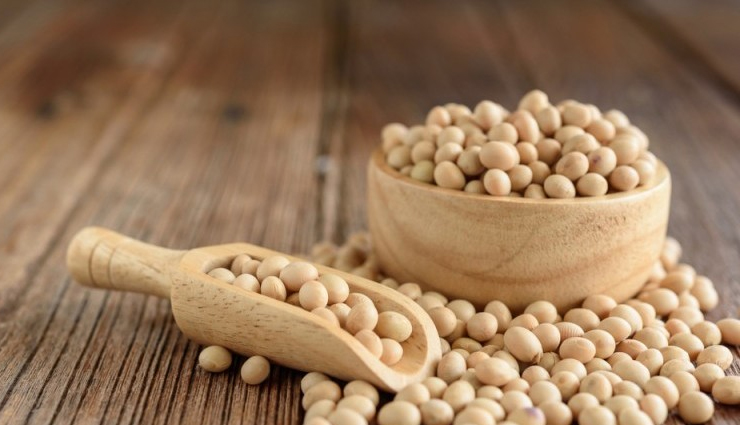
# Soya Beans
Soya beans are recognized as one of the healthiest foods suitable for both vegetarians and non-vegetarians. A great protein source for vegetarians and vegans, soya beans naturally contain a substantial amount of vitamin B2. Including 100 grams of soybeans in your diet yields 0.18 mg of this vitamin.
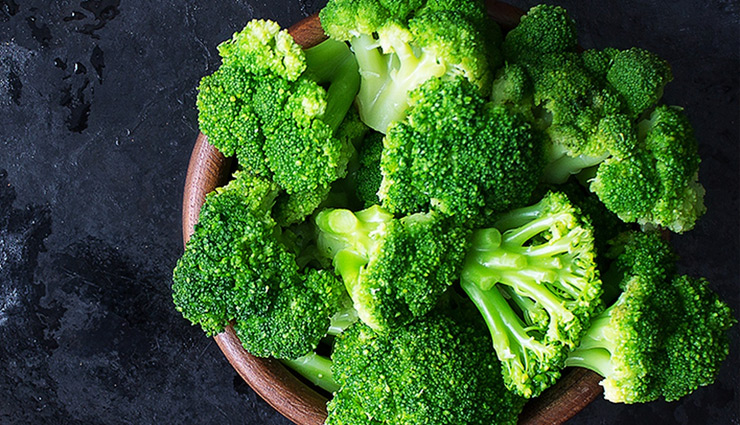
# Broccoli
In addition to being a rich source of various essential vitamins and antioxidants, broccoli also contains a significant amount of vitamin B2. If you're conscious of your weight, you can safely incorporate broccoli into your diet. One hundred grams of these green vegetables provide 0.117 mg of riboflavin, covering 10% of the recommended daily value of this vitamin, making it a healthier choice compared to other calorie-dense sources.





